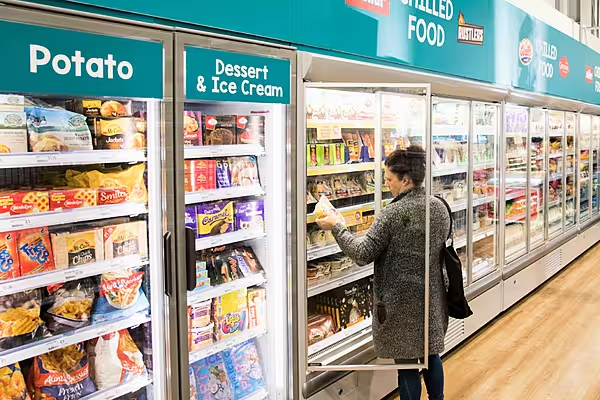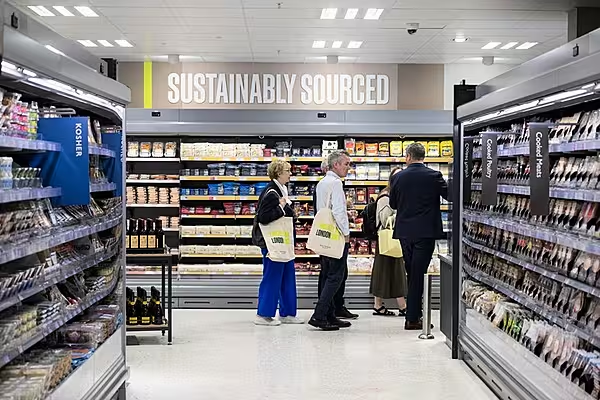German business confidence unexpectedly slipped in December in a sign that companies are concerned about the risks facing Europe’s largest economy.
The Ifo institute’s business climate index dropped to 108.7 from 109.0 in November. The median estimate in a Bloomberg survey of economists was for an unchanged reading.
The Bundesbank kept its 2016 growth projection unchanged at 1.8 per cent this month, arguing that the economy is benefiting from “lively” domestic spending even as the export-oriented manufacturing sector suffers from uncertainty in emerging markets. With a renewed drop in oil prices undermining efforts by the European Central Bank to boost inflation in the euro area and a refugee crisis testing the region’s political resolve, risks to the outlook have increased.
“At first glance, December data for Ifo business confidence are somewhat disappointing but at second glance, the message for the German economy remains positive,” said Stefan Kipar, an economist at Bayerische Landesbank in Munich. “A recovery in manufacturing is, especially in Germany, an indicator for stronger economic momentum, while sentiment in other sectors is at high levels.”
The euro was little changed after the report. It was down 0.5 per cent at $1.0860 at 10:33am. Frankfurt time after the Federal Reserve raised interest rates on Wednesday for the first time in almost a decade.
“The economy should continue its current positive, though not breathtakingly strong, momentum next year, with possibly the biggest risks stemming from too low oil prices and the political side effects from the refugee inflow,” Carsten Brzeski, chief economist at ING-DiBa AG in Frankfurt, said in a client note before the report. “Domestic demand, and in particular private consumption, has become an important growth driver.”
News by Bloomberg, edited by ESM. To subscribe to ESM: The European Supermarket Magazine, click here.











